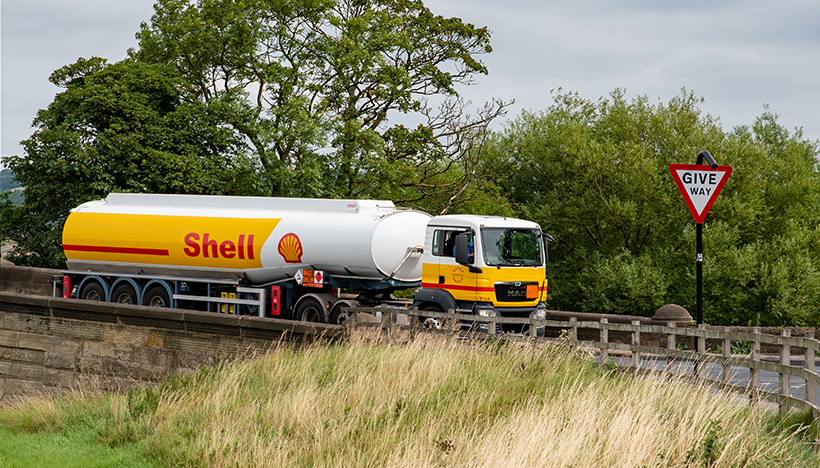COVID-19
In 2020, Shell assisted in the fight against the COVID-19 pandemic and supported recovery efforts. We kept energy supplies flowing and our refuelling stations helped to keep emergency and delivery services on the roads.
The unprecedented macroeconomic impact of COVID-19 led to a deterioration in commodity prices during 2020, with significantly weaker demand for oil, gas and other resources.
Many governments put in place measures, such as tax incentives, to support businesses and stimulate economies as the pandemic negatively affected companies’ revenues and jobs. Shell has made use of these tax measures only where appropriate and when aligned with our Responsible Tax Principles.
For example, it is common practice in many countries for tax authorities to issue preliminary corporate income tax assessments during the fiscal year, requiring companies to make prepayments. Where possible, we have worked with tax authorities to revise prepayment estimates for 2020 to account for the economic downturn and the latest estimates of tax due. This cooperation enabled us to pay the right amount of taxes.
We have also made use of measures in some countries which allow taxpayers to submit indirect tax returns on a quarterly instead of a monthly basis. This has reduced the workload for our staff and pressure on systems and processes during the COVID-19 pandemic.
Shell’s tax team continued to provide the business with the advice and support it needed. It also focused on timely submission of tax returns and tax payments to governments.
Our priority remains to support our colleagues, our customers and the communities where we work. We estimate that Shell’s total contribution during the pandemic, including donations of funds, fuel, food, equipment and services, amounted to $46 million [A].
Find out more about Shell’s response to COVID-19.
[A] As at December 31, 2020.

Case studyNorway fiscal response to low energy prices
In 2020, Norway introduced temporary tax incentives for the petroleum industry as a response to declining energy prices and economic uncertainty, both of which may have reduced planned oil and gas investment. The measures were designed to secure jobs in the oil and gas industry and related services sector. We made use of these government incentives in 2020.
In Norway, Shell is subject to an upstream tax rate of 78%. This comprises the statutory corporate income tax of 22% and a special upstream tax rate of 56%. The temporary tax measures include allowing oil and gas companies to deduct the cost of investments made in 2020 and 2021 against the special upstream tax in the year the costs are incurred. Previously, deductions would have been taken over six years.
In Norway, there is also an additional 20.8% deduction of investment costs (known as an uplift) taken over four years at the 56% special tax rate. The new measures now allow companies to immediately claim 24% deduction in the year the investment cost occurred for the years 2020 and 2021.
The temporary measures will also be available for new projects that have delivered a development plan by the end of 2022 which has been approved by the Ministry of Oil and Energy by the end of 2023. Temporary measures for new projects may only be claimed until the end of the year of the planned start of production.









